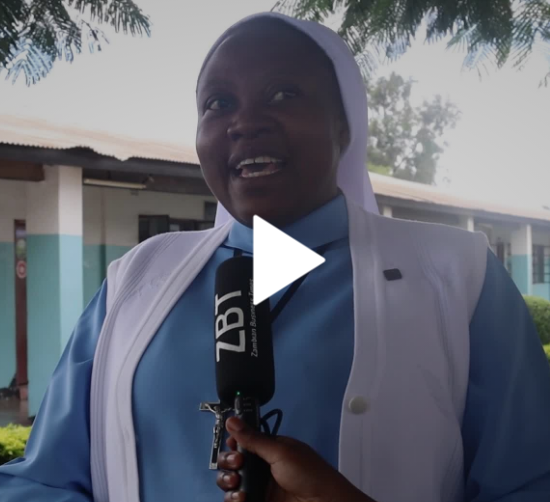
Former Law Association of Zambia (LAZ) president Eddie Mwitwa says there is need to interrogate the curriculum that students are getting from their various universities before enrolling into the Zambia Institute of Advanced Legal Education (ZIALE).
Mwitwa said LAZ has the mandate to influence the curriculum of universities, therefore it should examine the quality of learning that law students are getting from their various institutions before they enroll at ZIALE.
Speaking in an exclusive interview with Zambian Business Times – ZBT, Mwitwa said ZIALE works with by products or lawyers that have been prepared by various learning institutions and it only helps these lawyers to become practitioners, therefore there is more work that needs to be done at the grassroot level.
Mwitwa also said that in an effort to improve the pass rate, the previous ZIALE students underwent a pilot project where students were given six months to do attachments and six months to attend classes which has never happened in the previous years.
“These results are for students who were taken on a parallel stream in an effort to produce better results. They were given time to do attachments and time to attend classes as opposed to the usual set up where they would do attachments during the day and attend classes in the evening, he said.”
He said there is need to do a scientific analysis and determine what impact the pilot project had on this year’s pass rate.
Mwitwa also explained that some students face challenges in terms of getting attached to law firms or legal institutions because there are more students enrolling into ZIALE compared to the number of law firms or legal institutions in the country.
He further said that this negatively impacts students because ZIALE courses are practical, so students need to get practical experience in order to appreciate what they are being taught.
The former LAZ President further added that students were having online classes and may have had challenges logging in, asking lecturers questions as well as with load-shedding, so this can also interrupt students’ ability to participate fully.
Mwitwa also notes that only 14 students out of 179 (about 9%) cleared all courses in full in the recently held 2020 Zambia Institute of Advanced Legal Education (ZIALE) examinations but it may be that the majority only failed in a few courses.
Some stakeholders have called on ZIALE to decentralize their operations and demonopolize the bar exams. Having only one centre when the country has expanded may be one of the reasons stifling innovation and alternative thinking around how best to offer bar training.
Moreover, Zambia has a disproportionately higher number of lawyers in Lusaka leaving the other provinces with little legal options. Most of these lawyers that pass the bar exams end up settling either in Lusaka or Copperbelt leaving the other provinces with limited options.







